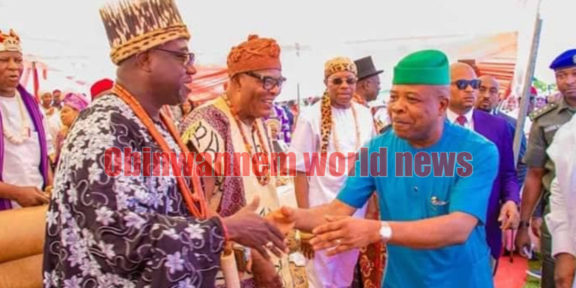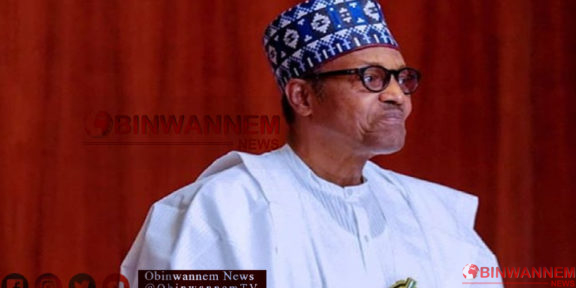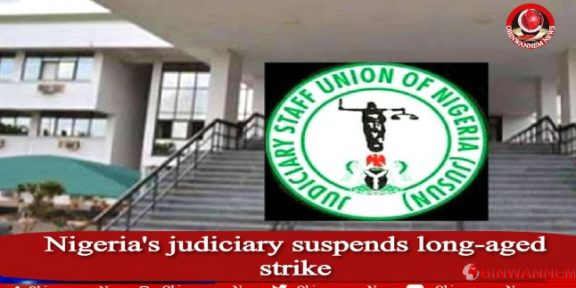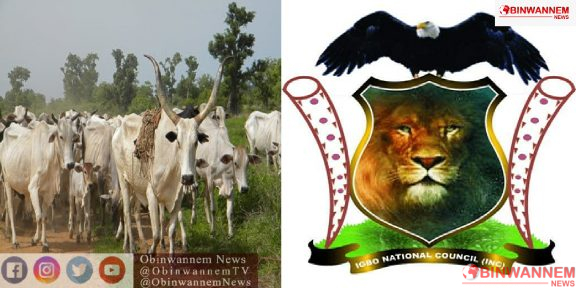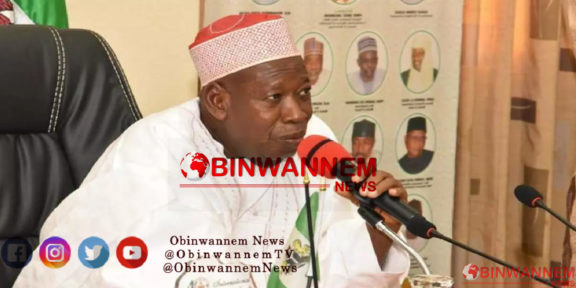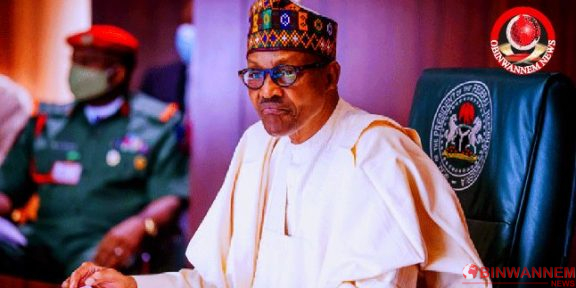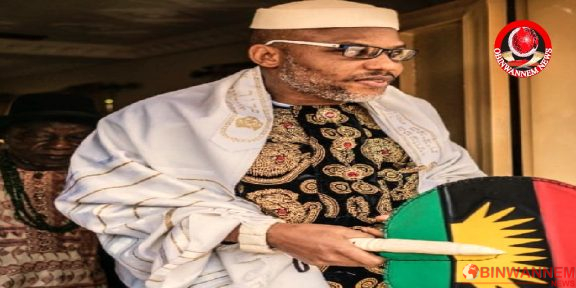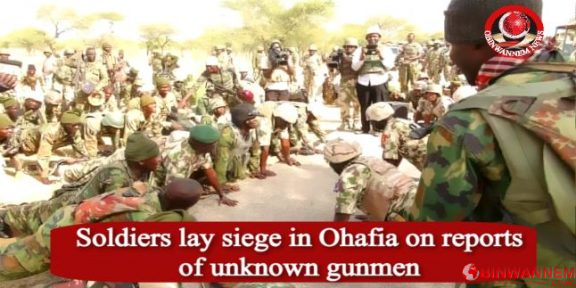The history and origin of Igbuzo or Ibusa, a clan located in Oshimili local government, in Delta state, written by researchers have been inconsistent. The name Igbuzo means “Igbos living in communities that are distant from their homestead”.
Historians say the advent of Europeans and interactions among neighbours led to Igbuzo’s name being pronounced as Ibusa. Although some historians have documented that the origin of the clan is heterogeneous, the people are reported to be descendants of Umejei and Obodo and perhaps passers-by.
Umuejei traditionalists believed their ancestor Umuejei was a prince of Eze Isu. The story is that Prince Umuejei killed his opponent in a wrestling fight. The action was deemed sacrilegious and punishable by death. Hence Umejei’s father, Eze Isu, sent him away in exile.
The king fortified Umejei with charms pot, other items and guards as he was excommunicated. Umuejei who was accompanied by his sister, Omoha, was asked to settle wherever the pot given to him fell on the earth. His pot fell at Ani Ohe, known as Ibusa today.
Although historians reported that Umuejei community have their roots in Isu, however, there are several Isu communities across the Niger Bridge, Igboland.
Isu is found in Njiaba, Okigwe, Mbaise, Obosi, Awka and Nnewi, but the most plausible narrative relates that Umejei’s ancestry is Isu Aniocha and Isu Nnewi. Both communities are in Anambra state.
According to Ibusa’s legendary account, the name of Umejei’s father was Ikenga, the Eze Isu. This acknowledgement correlates with C. N. Ugochukwu’s (a writer) account that Ezeani Ikenga Omee Abughi Nso of Uruagu Nnewi, a historical figure, was the second Ezeani of Isu and Prince Umejei’s father.
Ugochukwu’s claims, however, clashed with Professor Michael Angulu Onwuejeogwu’s account. Onwuejeogwu suggested that Prince Umuejei hailed from Isu Aniocha, which is closest to Ibusa. The Professor however noted that Aniocha may have been Umejei’s earlier settlement Ibuzo.
Although the controversy surrounding the Umejei ancestry continues to draw writers’ attention, Ugochukwu deepened his argument with a documentary that read, “On Saturday, Nkwo, 23rd September 1995, during the installation and presentation of Staff of Office to His Royal Highness, Obi (Prof) L. C. Nwaoboshi as the Obuzor of Ibusa.
The Isus at Nnewi were given special invitations. Obi Ezeani Isu Nnewi, Chief Ofojua Amaizu, sent him a congratulatory and goodwill message.”
Similarly, another report noted that in 2021, Isu Aniocha traditionalists repeatedly sent emissaries to visit Obuzor of Ibusa to announce the demise of their traditional ruler.
The recognition of both the Aniocha and Uruagu Nnewi’s ancestry of Umejei calls for a deeper investigation to assert Umejei’s actual place of birth.
The second community in Ibusa are descendants of Obodo. The prehistoric story stated that Obodo had two sons, Odaigbo and Edini. Odaigbo, the elder son, committed a sacrilege by sleeping with one of his father’s wives and was exiled to escape death.
Odaigbo went into exile with his father, mother and Edini. Just like in Umejei’s story, the Monarch, Eze Nshi (Nri) gave the two brothers charmed pots and fortifications. Edini’s pot fell at Ani-Udo which is known as Ogboli in Ibusa presently.
The people of Umejei and Ogboli developed friendly ties that lead to their merging as Ibusa. Odaigbo’s pot landed at Ogwashi Uku where he settled.
In addition, recent historians have suggested that Chima, the progenitor of Ubulu-uku, Onicha-olona, Issele-uku, Issele-Mkpitime and others who got tired of their journey across Delta state may have either settled or taken refuge in Ibusa.
Writing by Ekeoma Uchechukwu Obinwannem News writer Abia branch.
Published by Nwachineke Ugwu Okechukwu, Obinwannem News, 16 June 2023



